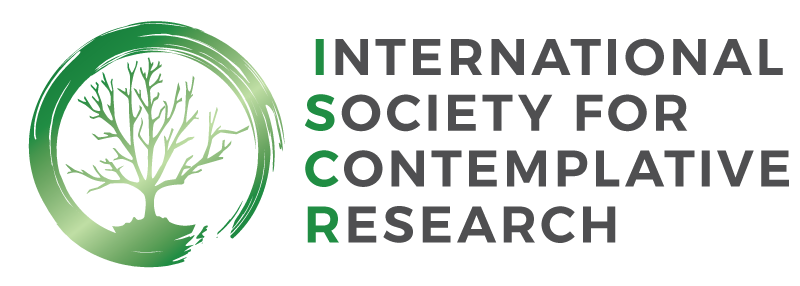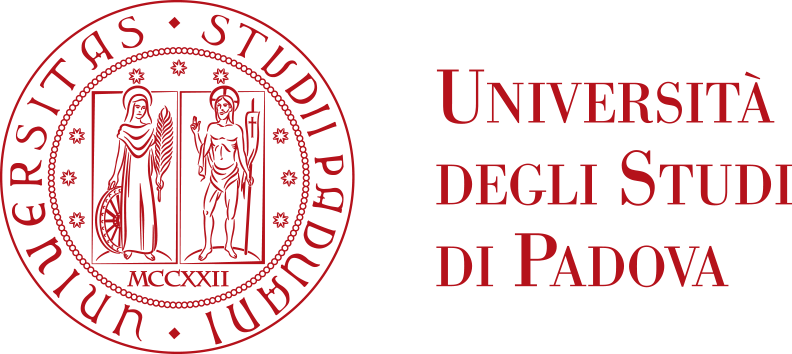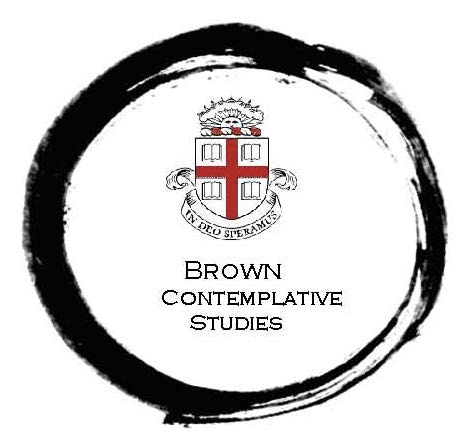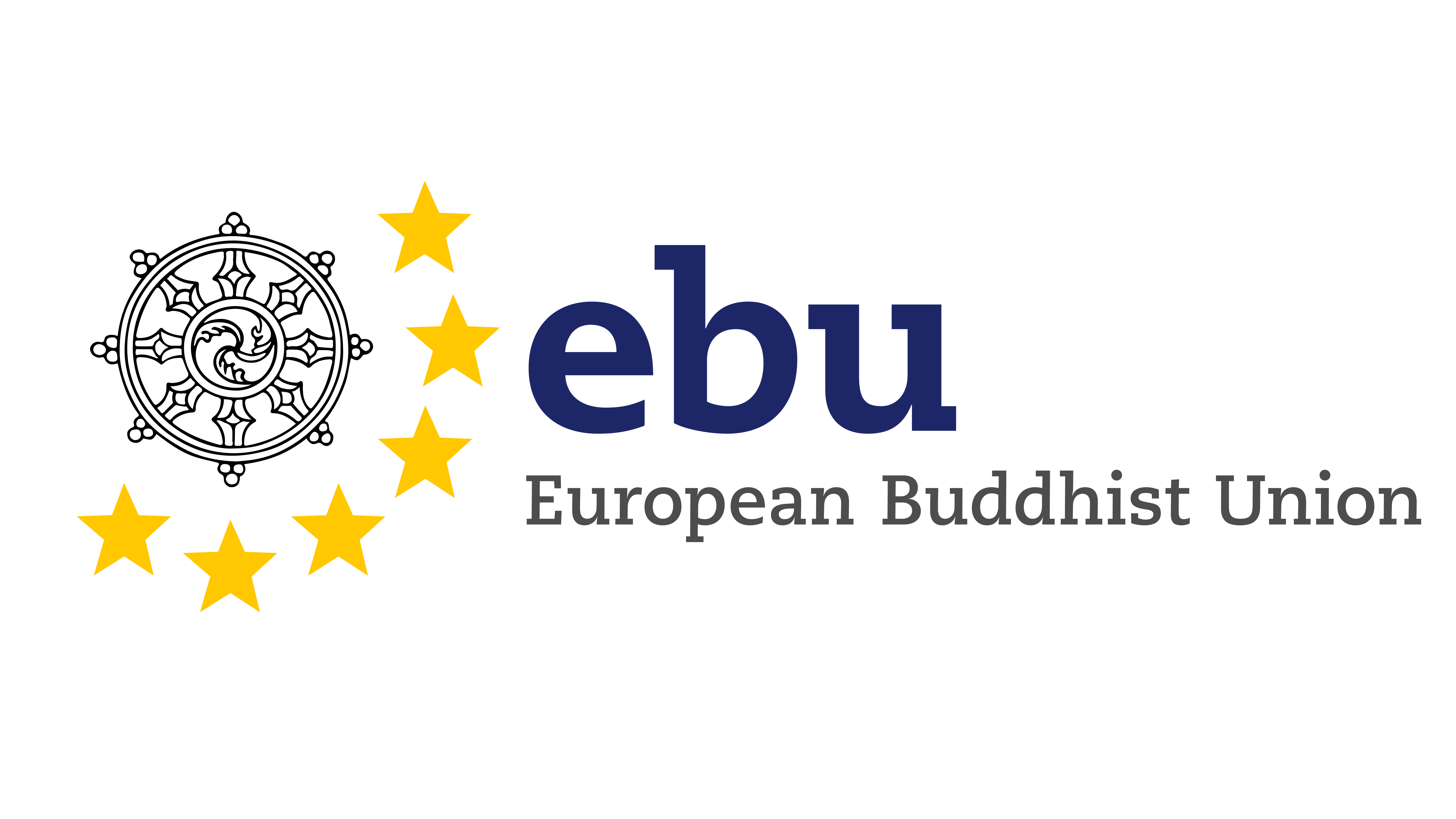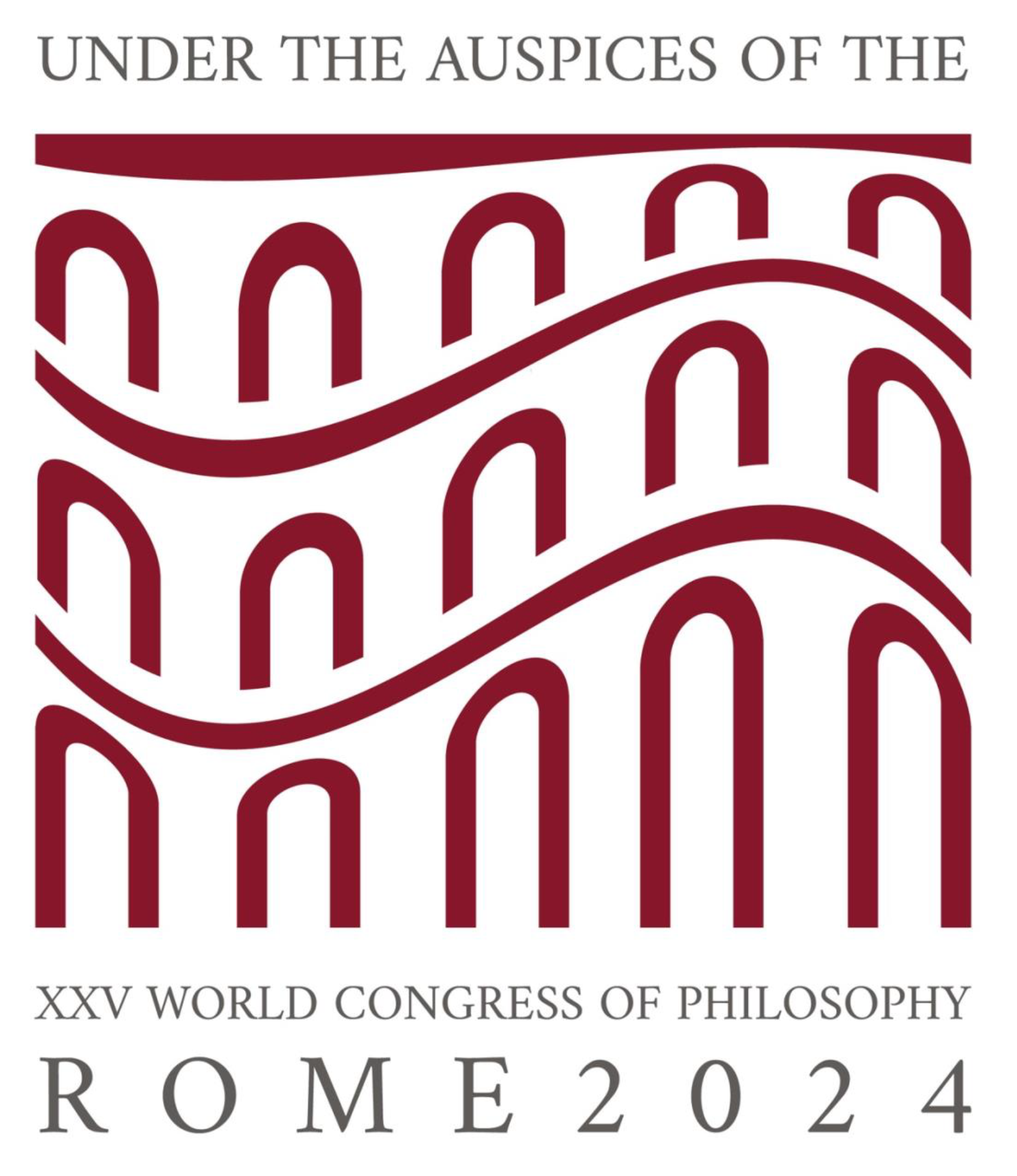Workshops
Overview
We look forward to welcoming everyone to the pre and post conference workshops at Padova 2024!
Please note the times listed are in local time for Padova (CEST).
Pre-conference Workshops
June 19, 2024; 1:00-4:30 PM
Reimagining Contemplative Education
Co-Chairs:
Chiara Mascarello, University of Padua; Ca’ Foscari University of Venice
Josipa Mihić, University of Zagreb
Robert W. Roeser, Pennsylvania State University
Harold D. Roth, Brown University
Workshop Description
Please join us for a preconference on Reimagining Contemplative Education at this pivotal moment in history when the opportunities for developing a common scholarly language, building community, engaging in collaborative research and practice, and networking within and across different educational settings in relation to Contemplative Education seem genuinely limited. These challenges can be seen as opportunities for renewal, and we see this as a critically important time to reimagine what Contemplative Education could be as a field of scholarly study and practice.
The goal of this preconference is to realize the opportunity for renewal that is at hand by spending time together: (a) determining the range of interests, expertise, and research within our broadly defined field; (b) discussing and defining what we mean by “Contemplative Education;” (c) experiencing contemplative practice together; (d) starting to build community; and (e) planning for future meetings in terms of a newly formed collaborative network.
What is Contemplative Education and what is its relevance during this time of global change and the movement towards AI? What are the best pedagogical approaches and desired outcomes of Contemplative Education? What educator qualifications are needed? What theories can guide research and practice in this regard, and what does research regarding Contemplative Education say currently about this endeavor? Finally, what opportunities and barriers exist currently regarding the introduction of contemplative practices in schools and higher education settings, and how can we better organize ourselves to collectively take advantage of such opportunities and overcome barriers? In this preconference, we will engage with these issues in a dialogic and collaborative way as a means of beginning to form a new network around Contemplative Education. We hope you will join us.
Advancing Efficacious, Liberatory Methods and Approaches to Contemplative Research: An Interdisciplinary Workshop and Community Conversation
Sponsored by the ISCR REACH (Re-imagining Equitable and Anti-oppressive Contemplative research and Healing) Committee
Co-Chairs:
Doris Chang, New York University
Kamilah Majied, California State University, Monterey Bay
Lindsay E. Romano, New York University
Workshop Description
With special thanks to the following members of the REACH committee, who provided valuable input in the development of this preconference workshop: Blake Colaianne, Eve Ekman, Kamilah Majied, Alem Makonnen, Clayton McClintock, Nicole Nicotera, Alberto López Pulido, Zev Schuman-Olivier, Maura Tennor, and Lisa Udel
13:00-13:50
PROGRAM 1: Reflective Inclusive Imagining: Insight and Liberation in Contemplative Scholarship and Research
Speakers: Kamilah Majied (chair), Alem Makonnen, Laura Candiotto
Given that contemplative practices center being fully present in our embodied, cognitive, and affective experience while being aware of how our sociocultural experience is interacting with the moment, this session is an invitation to reflective inquiry regarding how privilege limits awareness and how each of us has biases that inform the expression and scope of our scholarship. This framing session aims to discuss and activate participants’ capacity to envision how their conceptualizations of the humanities, natural sciences, education, and clinical science, could be more inclusive.
14:00-14:50
PROGRAM 2: Advancing Liberatory Methods in Contemplative Research and Scholarship: An Interdisciplinary Panel and Community Conversation
Speakers: Doris F. Chang (Chair), Rhonda Magee, Fadel Zeidan, Lindsay Romano, Cheryl Woods-Giscombé
An interdisciplinary panel of scholars from across the humanities, education, clinical sciences, neuroscience, and other disciplines will discuss antiracist and liberatory approaches to building an inclusive, contextualized, and rigorous field of contemplative research and scholarship. The goal of this panel and community conversation is to share formal principles and best practices to promote contemplative research in partnership with, and benefiting the most vulnerable members of society.
14:50-15:10
Afternoon Break
15:10-16:00
PROGRAM 3: Community Participatory Contemplative Research: Applications Across Diverse Settings and Contexts
Speakers: Lindsay Romano (Chair), Alberto López Pulido, Doris Chang
In this third program, we highlight how community participatory methods can enhance contemplative science and scholarship. Three scholars will share specific examples of participatory research involving different methods (ethnography, qualitative research, mixed-methods experiment), academic disciplines (ethnic studies, psychology, education) and social contexts.
16:10-16:30
Community Reflections and Conversation
Post-conference Workshops (Round 1)
June 23, 2024; 3:00-4:15 PM
Anthropology of and from the heart
Chair:
Christian Suhr, Aarhus University
Workshop Description
Attending to the heart is not easy but it might be useful and perhaps necessary in order to understand and counteract some of the tensions, the indifference, and the intercultural misunderstandings that characterize our contemporary world. Is it possible to give the qualities of the heart more space in research and teaching, in scientific criticism, and in our engagement with the communities and environments in which we live and work? Can the bodily, emotional, and spiritual heart be both an object of enquiry and a starting point for research? In this talk I introduce audiovisual, multimodal, and microphenomenological methods that I believe can help us to address these questions by deepening our understanding of the role of the senses, the body, and emotions in human life. I also invite for a short auto-elicitation exercise and present examples from ongoing research on the ways in which practitioners in Buddhist, Christian, and Muslim traditions relate to the heart and how in different ways they experience and seek to cultivate love in their lives. Taking inspiration from the exercise and these examples I hope to engage the audience in a discussion about what an anthropology of and from the heart would look like.
How do we measure the effects of contemplative practices on mind, brain and body?
Co-Chairs:
David Vago, Virginia University
Marieke van Vugt, University of Groningen
Workshop Description
Subjectively, people tend to feel engaging in a contemplative practice has a huge effect on them. However, objective evidence for such effects is often lagging behind. In this workshop, we will discuss suitable outcome measures to quantify the effect of contemplative practices. We will discuss tasks, paradigms, psychological and biological measures that may show the most promise. In tandem, we will discuss what the target psychological constructs are for a variety of contemplative practices. We hope to end with an outcomes measure registry that includes a repository of target tasks and measures that can then be used across labs to build a more solid base of evidence.
Frontiers in Contemplative Education: Where do we go from here?
Co-Chairs:
Chiara Mascarello, University of Padua; Ca’ Foscari University of Venice
Josipa Mihić, University of Zagreb
Robert W. Roeser, Pennsylvania State University
Harold D. Roth, Brown University
Workshop Description
Following the ISCR Meeting 2024, we will hold a 75-minute post-conference session aimed at (a) evaluating insights and experiences around frontiers in Contemplative Education explored at the conference; (b) planning for future activities and gatherings to continue the momentum around these frontiers and the more general task of reimagining Contemplative Education going forward; and (c) establishing a mentorship network that supports the creation and development of educational programs in Contemplative Studies. We warmly welcome you and encourage you to attend this post-conference reflection and planning meeting.
Post-conference Workshops (Round 2)
June 23, 2024; 4:45-6:00 PM
“The Elephant in the Room” – Do Contemplative researchers need their own contemplative practice?
Co-Chairs:
Harold D. Roth, Brown University
Marieke van Vugt, University of Groningen
Workshop Description
The field of contemplative research has many unresolved issues, no doubt. But the one that makes us the most uncomfortable is the question of should a contemplative researcher, scholar, or educator have a personal contemplative practice in order to be able to competently work in their particular area? Or is it better to completely abjure any personal practice in order to do the most objective work? At issue here is the question of whether or not bringing in a subjective perspective in any way actually informs or biases our own research. Directly related to this is the issue of whether any research is truly objective. Finally, how does this question pertain to contemplative educators? To what extent should we ourselves have our own contemplative practice in order to be responsible teachers in the primary, secondary, and post-secondary classroom. And if we are educational researchers, to what extent is our work improved or biased by our own personal practice?
Contemplative Practices in Liberatory Mentorship and Leadership
Co-Chairs:
Doris F. Chang, New York University Silver School
Cheryl Woods Giscombé, University of North Carolina School of Nursing
Ram Mahalingam, University of Michigan
Kamilah Majied, California State University, Monterey Bay
Felipe Mercado, California State University, Fresno
Workshop Description
This session offers guidance and inspiration for enriching your approach to mentoring with contemplative approaches as well as best practices for developing more effective mentorship programs. We will discuss how we developed a nonhierarchical mentorship paradigm wherein both mentors and mentees grow and learn. We will demonstrate how mentorship grounded in contemplative practices can deepen inquiry and insight in research, clinical practice, teaching, and other scholarly activities. We will demonstrate how to center the development and leadership of Global Majority (aka BIPOC) scholars, clinicians, educators, and researchers towards the advancement of all scholars and institutions. This model challenges the status quo by building an inclusive educational culture that nurtures individual development and professional success, interpersonal holistic growth, and institutional equity. Our vision of successful mentorship is not just about navigating present challenges but reimagining what mentor-mentee relationships can achieve in the rich tapestry of global academic communities.
Participants in this session will learn:
- How contemplative practice can be incorporated into mentorship
- How to effectively mentor and be mentored by Black, Latinx, Indigenous, Arab and Asian scholars
- How to engage contemplative practices in eliminating racism, ableism, Islamophobia and other inequities in higher education and the academy.
Integrating contemplative practices with psychedelic-assisted psychotherapy research: Methodology, best practices and ethics
Co-Chairs:
Aviva Berkovich-Ohana & Yair Dor-Ziderman, University of Haifa
Rael Cahn, University of Southern California
Linda E. Carlson, University of Calgary
Franz Vollenweider, University of Zurich
Workshop Description
Presenters in this workshop will briefly review research highlights of the current renaissance of psychedelic-assisted therapy for treating conditions such as treatment-resistant major depression, substance abuse disorders, trauma and existential anxiety, and potential neural and psychosocial mechanisms of action. They will consider efforts within these realms to incorporate mindfulness and other contemplative training into preparation and integration components of the therapy. The bulk of the workshop will be devoted to informal interactive discussion of issues regarding research methodology and best practices, and ethical considerations in psychedelic assisted therapy more generally.
